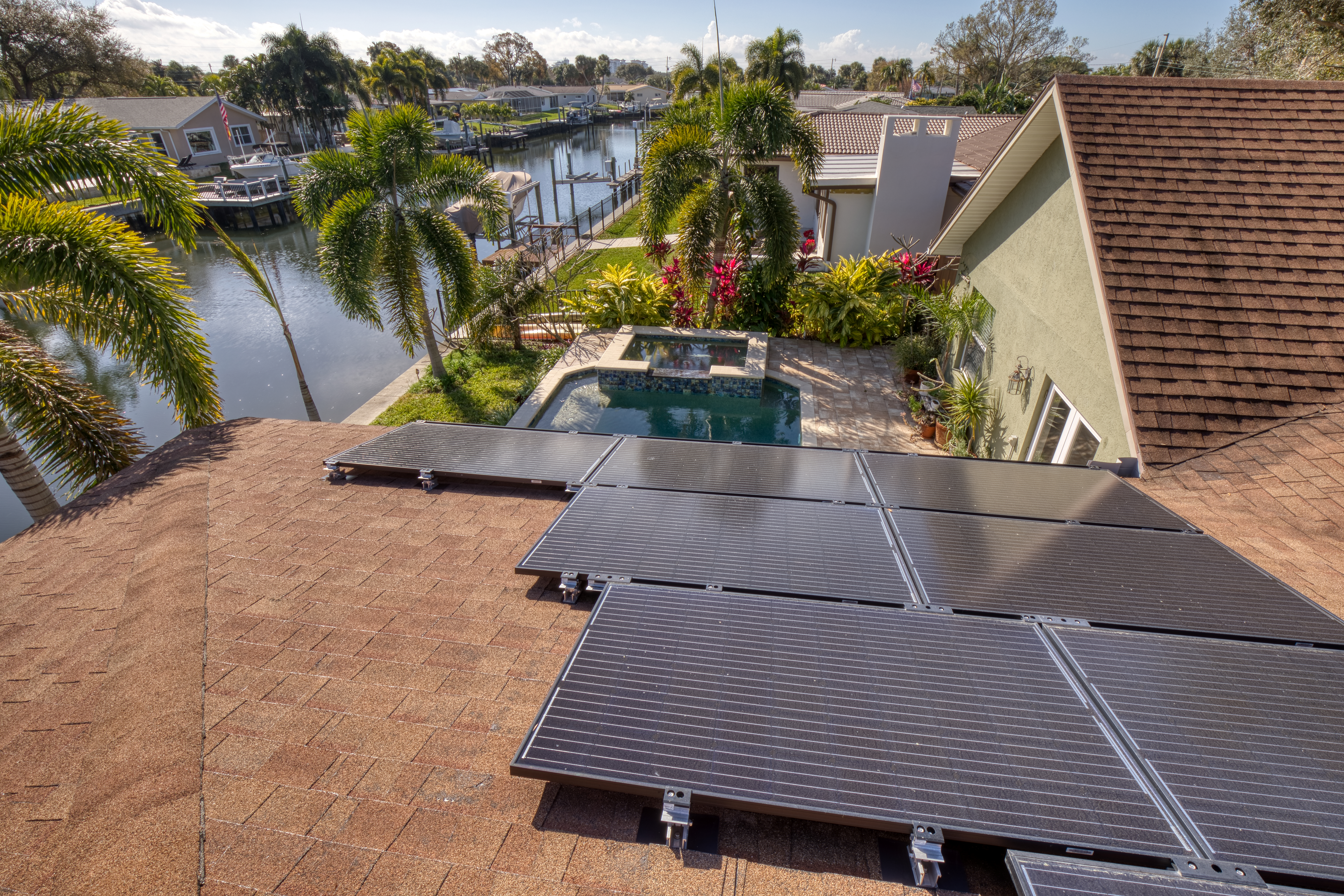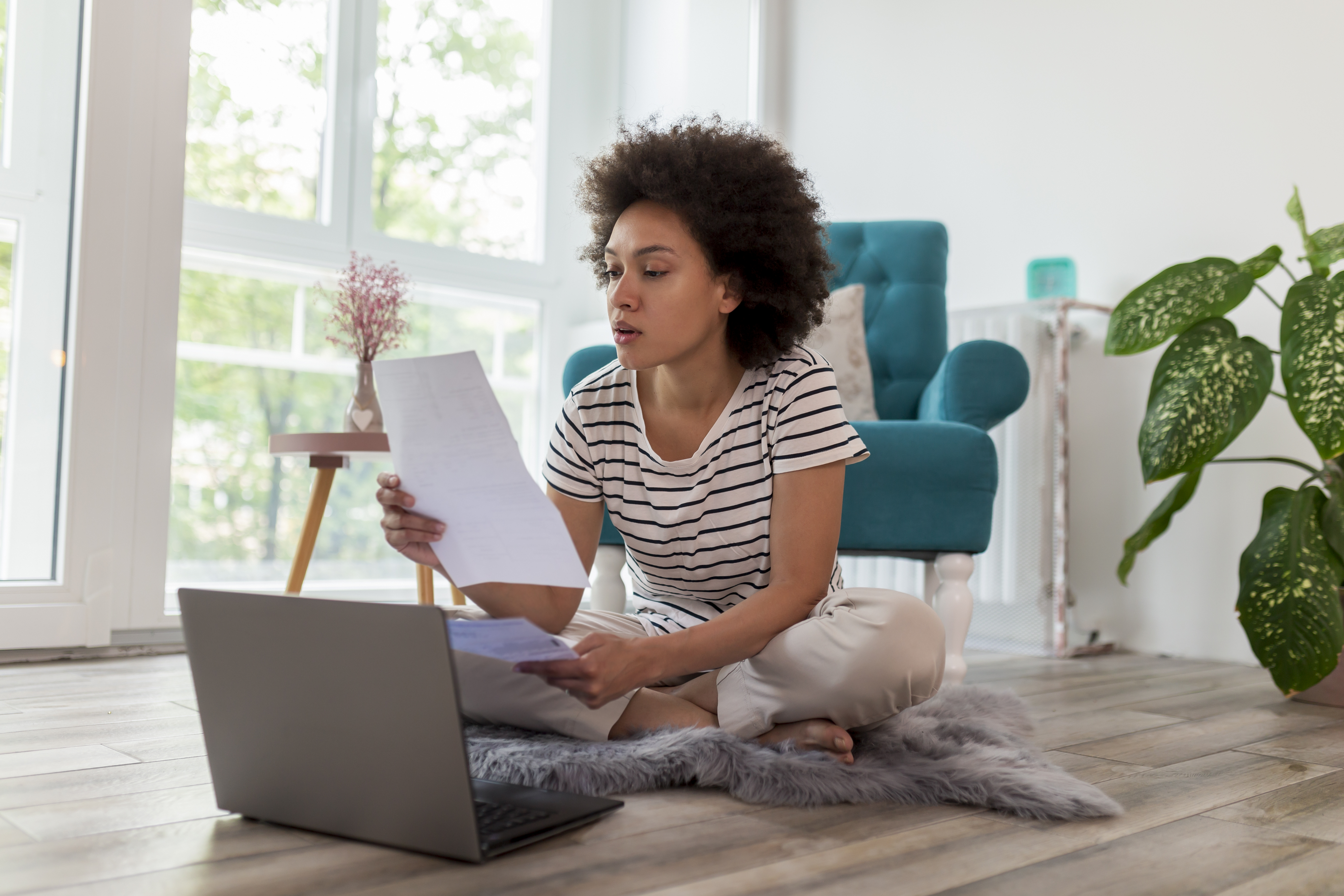This easy-to-understand article by Energy Update explains why it is necessary to add battery storage to your solar panel system to protect your home from grid outages. Thinking about making the solar switch but not sure where to start? Get your questions answered about Panasonic's best-in-class solar and storage solutions from an authorized installer.
You've got the latest technology, solar panels installed on your roof making you self-sufficient in generating your electricity. Your electricity bills are zero or even negative for a few months.
Then all of a sudden, there is an electricity shortfall countywide. Even though you have a solar system in place, you are wondering why your power goes out as well. The sun is shining on the horizon and you expect the solar system to work. But during daytime outages, you are suffering from load-shedding just like everyone else.
If you have a solar power system, you are likely to be connected to the power grid in your area. That means you draw power from the grid at night, or when your load consumption increases than electricity produced at any given time. You are selling excess solar back to the grid when your panels generate more than you need.
When the power goes out, all on-grid inverters are designed to shut down to stop the system from exporting units into the grid. That is a safety feature designed to prevent utility workers from getting electrocuted. After all, you don’t want your solar panels to be the reason utility workers are injured by live voltage in downed power lines. But you're wondering – what good are solar panels on your rooftop if they cannot make electricity? There has to be a way to keep your power on even during an outage!
Why your solar panels do not work during load-shedding hours?
Most homeowners have solar power systems with on-grid inverters, meaning the panels are connected to an inverter. The inverter gets connected to the main AC panel in the house and a smart meter. That smart meter records two-way energy flow to and from the grid. On-grid or grid-tied systems work without any battery backup. In the case of a grid-tied system, the grid is considered a giant battery.
Excess solar is stored in the grid during the daytime and the system draws power during the nighttime or when the panels are not producing enough electricity. When your solar system produces excess energy, you’re selling it to the grid and getting credit for it through net metering, but when the sun goes down, you still need grid power. If your consumption and electricity production are balanced then you will get zero electricity bills.
But that also means your home does not have the power, either. In situations like these, the power produced from your panels is not utilized at home and it goes nowhere. Unless you have some way of storing that electricity!
For true peace of mind during electricity load-shedding, you need a solar power system with battery backup. You can enjoy energy independence without worrying about the lights going out. You might even be the only house in your street with the lights and ACs on after the grid goes down. With a solar battery, you will have a seamless transition from the grid to batteries.
Understand your energy requirements and make a smart decision!
This article was written by Summaiya Nisar from Energy Update and was legally licensed through the Industry Dive publisher network. Please direct all licensing questions to legal@industrydive.com.





